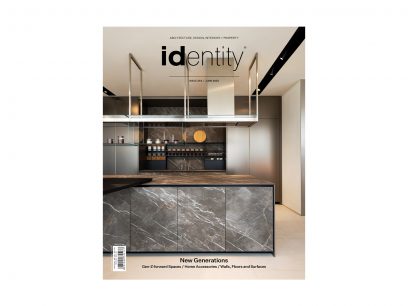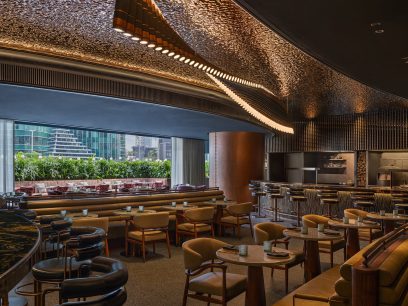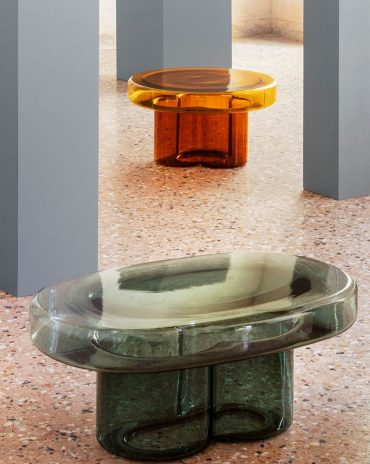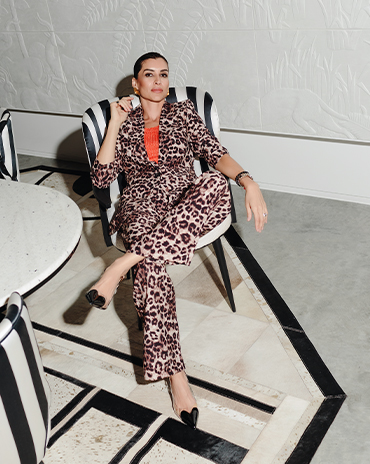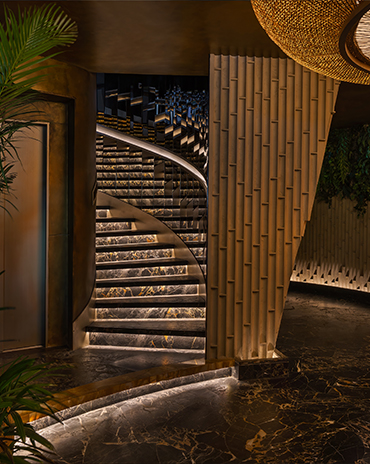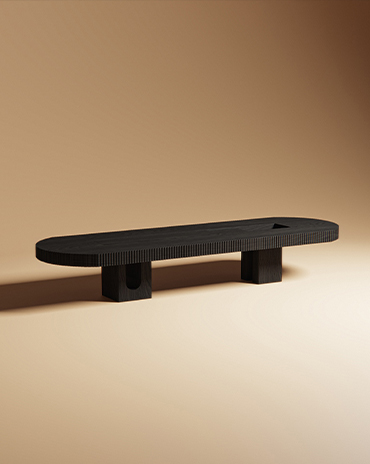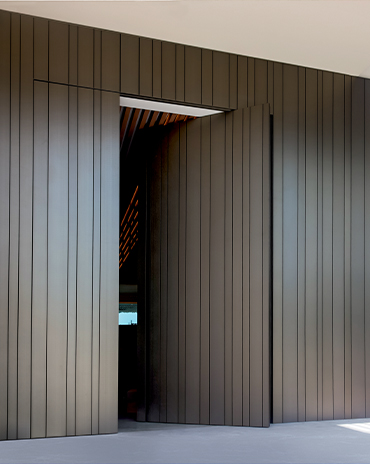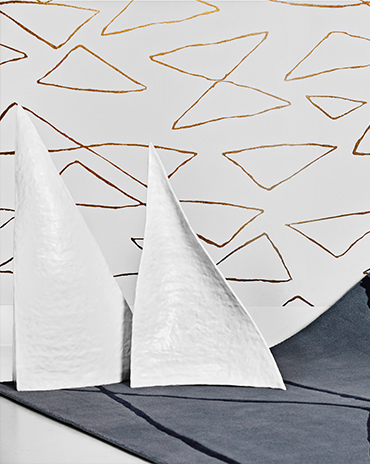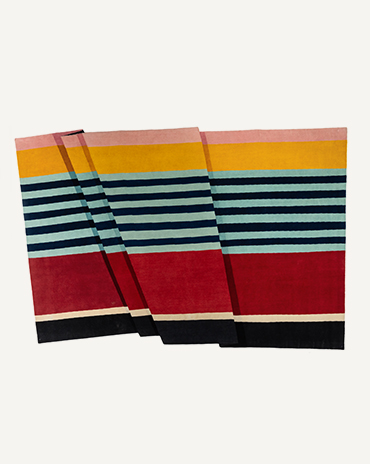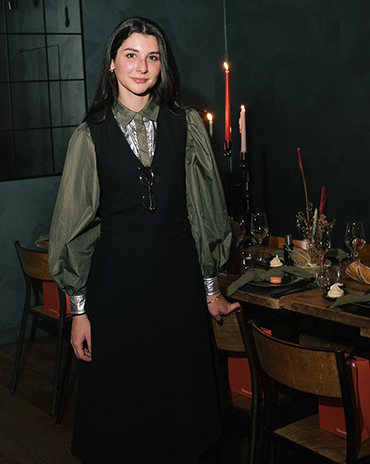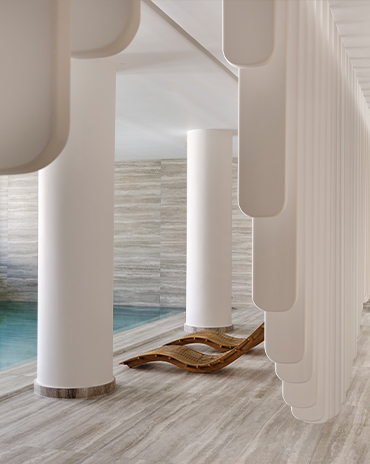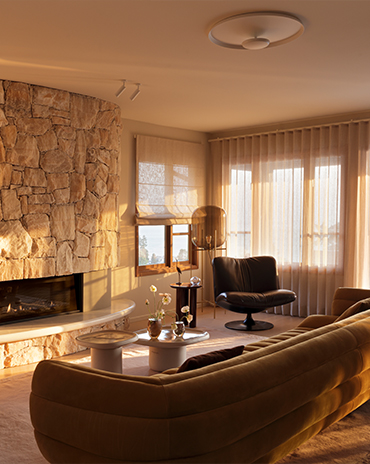Copyright © 2025 Motivate Media Group. All rights reserved.
Tigmi Trading’s Moroccan rug collection honours the craftswomen behind it
The rug collection aims to shine light on the role of female weavers in Morocco
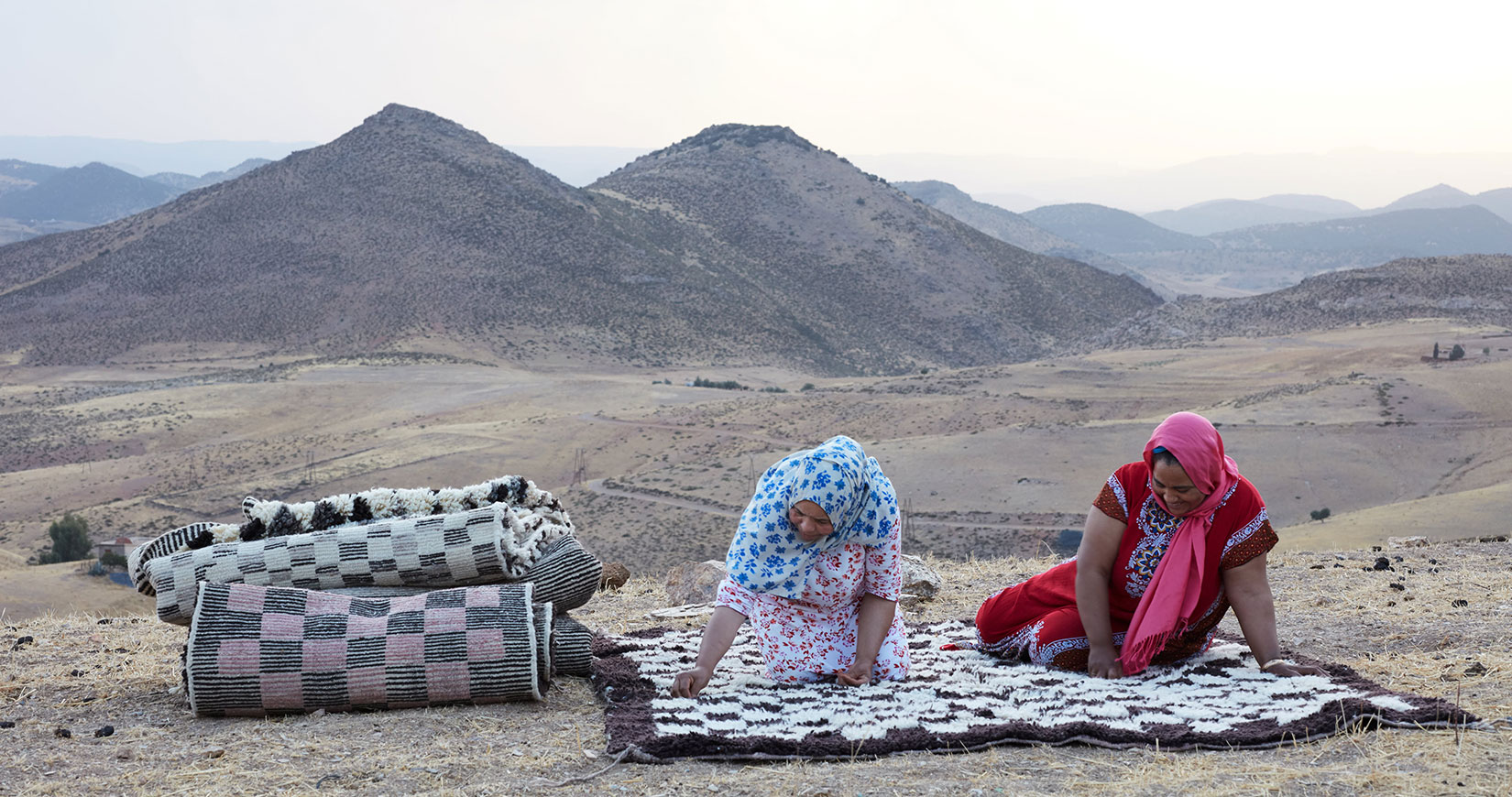
“Our business began with our connection to Morocco and the culture, history and artisanship of its people,” says Danielle McEwan, founder of furniture, lighting and home accessories brand Tigmi Trading, a name that refers to ‘my home’ in the Berber language. “We were lucky enough to meet our good friend Nina Mohammad-Galbert of Artisan Project on one of our early trips to [the country]. Nina has worked tirelessly to transform the rug industry to become more sustainable, and to improve the lives of craftspeople and their communities. We learned so much about the journey of the weaving process from [her] and she introduced us to the Women’s Cooperative in Ain Lueh.”
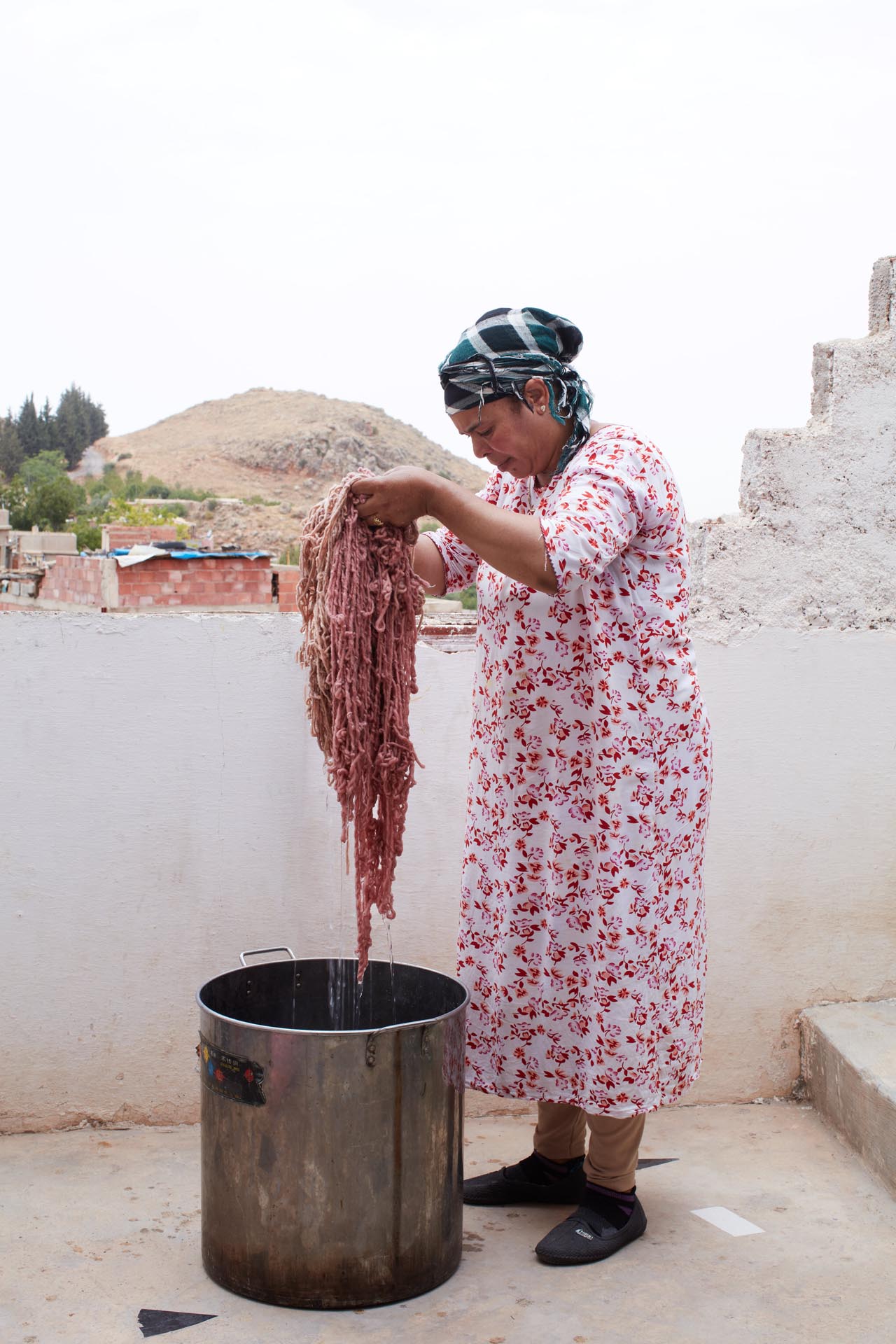
The encounter in this small alpine village perched on a mountain top in the Middle Atlas led to a true collaboration, which resulted in the creation of the newly launched Dar Youk collection (Dar means ‘home’ in Arabic and Youk means ‘one’ in the Tamazight language).
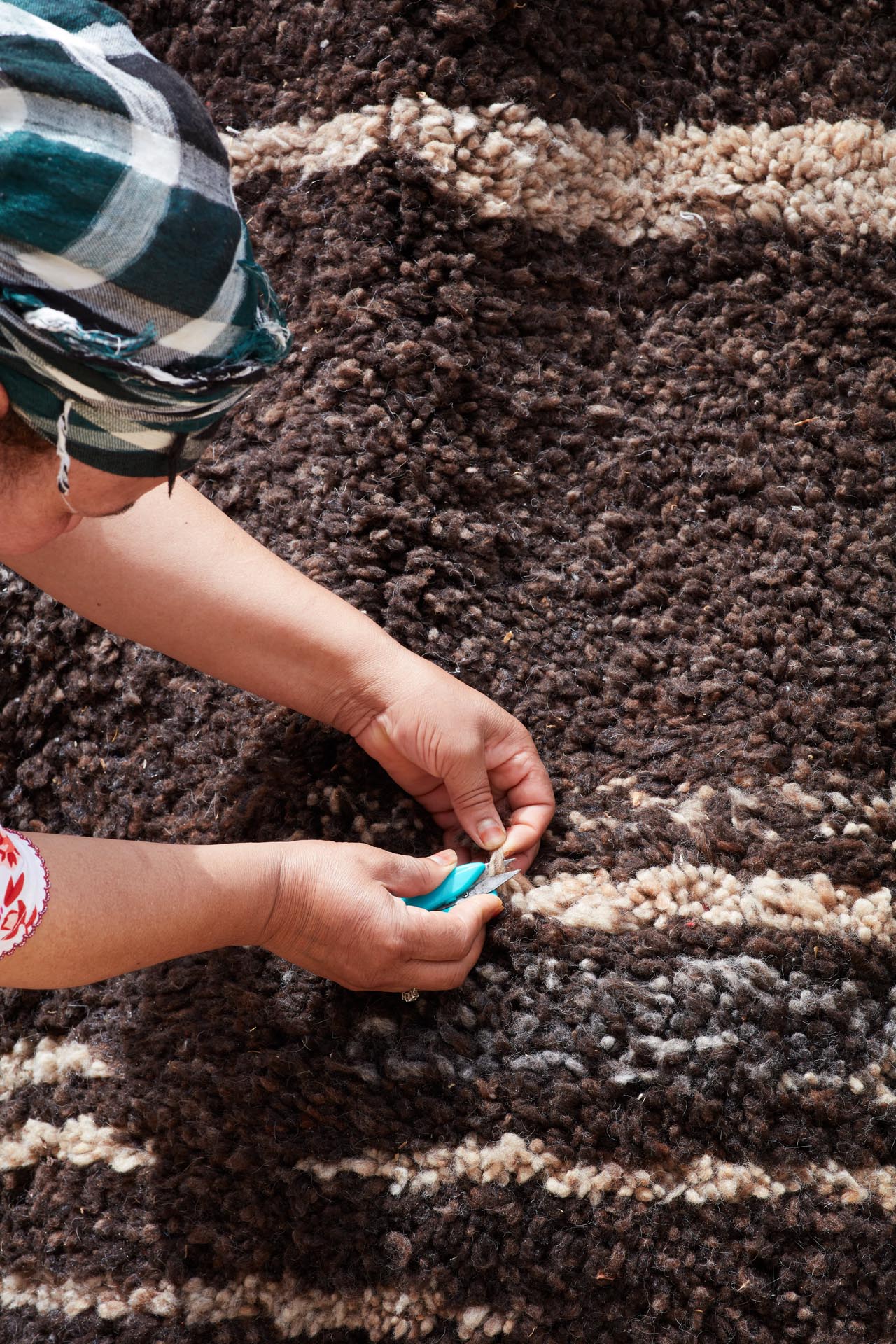
“We would like to shine a light on the role of the female weavers, the artists who helped to create [these pieces],” McEwan confesses. Made with natural hand-processed wool and plant-based dyes with a minimal human- and environment-impact production process, this line presents the Moroccan carpet in its raw form. Neutrals of beiges and whites combine with abstract patterns and touches of chocolate, greens and pinks for a contemporary twist.
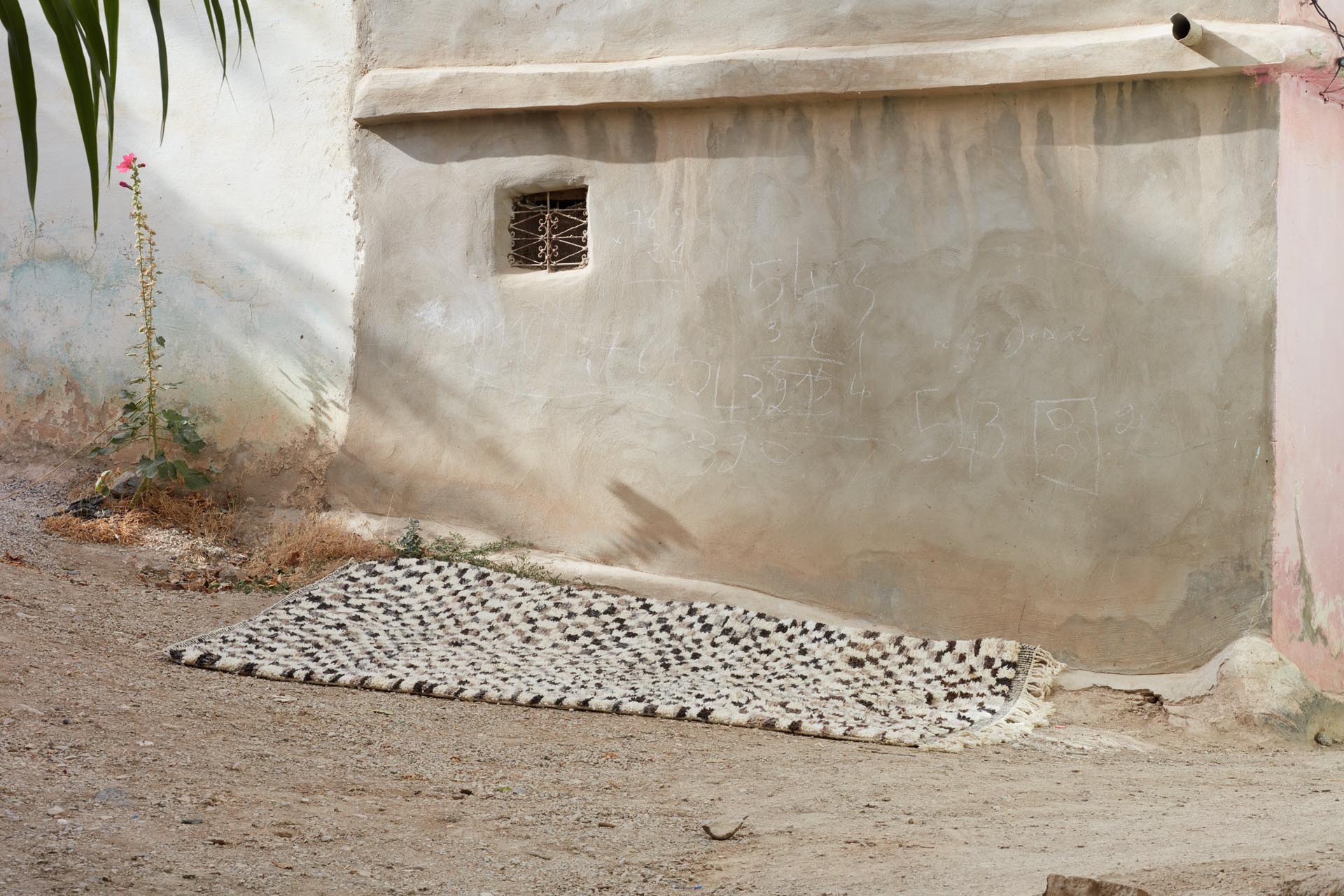
“There are four different designs that can be made in any size, and every piece is made to order, which reduces waste and promotes conscious living,” says McEwan. “Our style has always been to connect old and new, history and modernity. We wanted to use something as classic as the traditional Moroccan checkerboard pattern.”
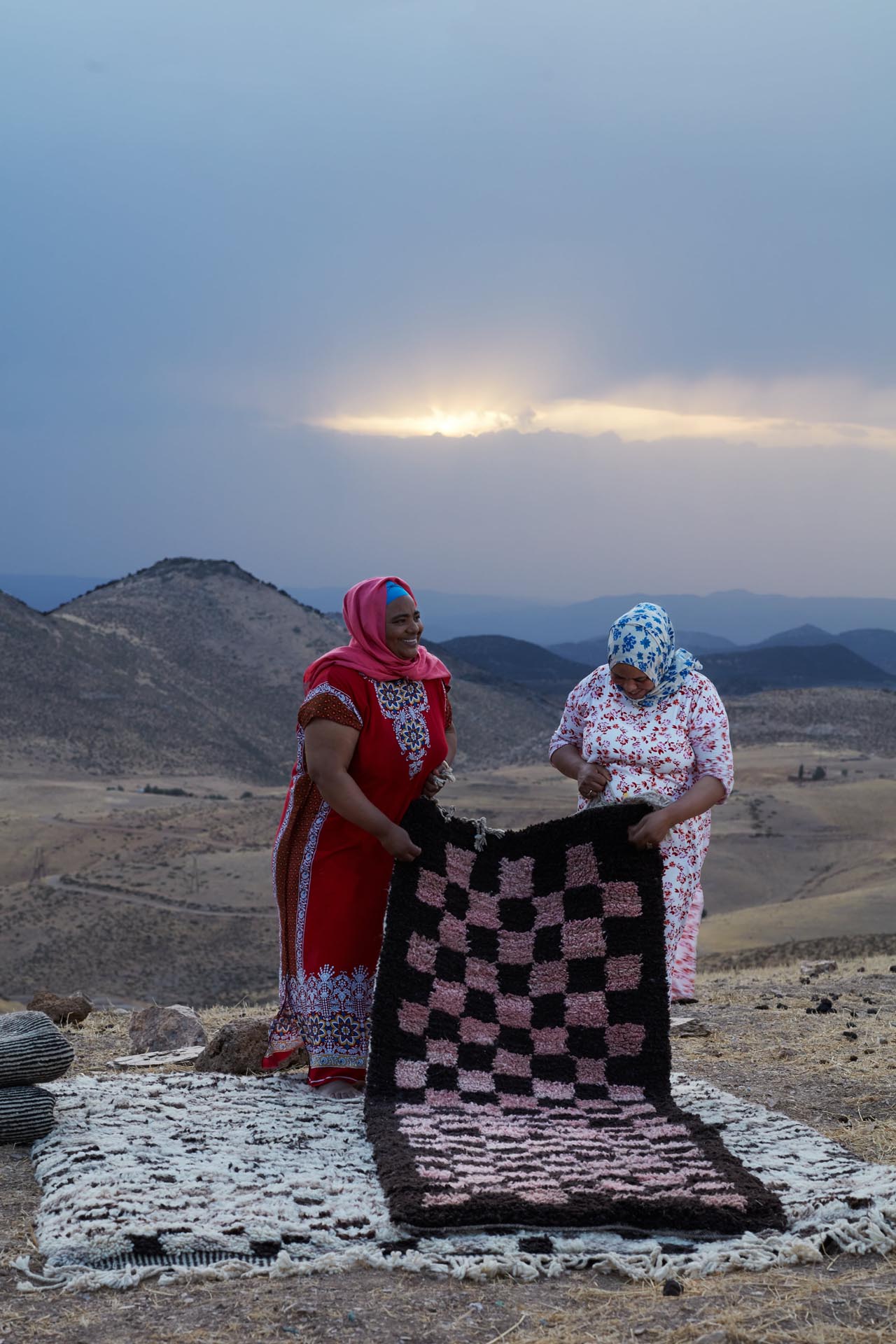
This collection reflects Tigmi Trading’s essence, which consists of creating unique pieces made ethically and sustainably, and honouring and preserving traditional craftsmanship while providing financial security for the makers.
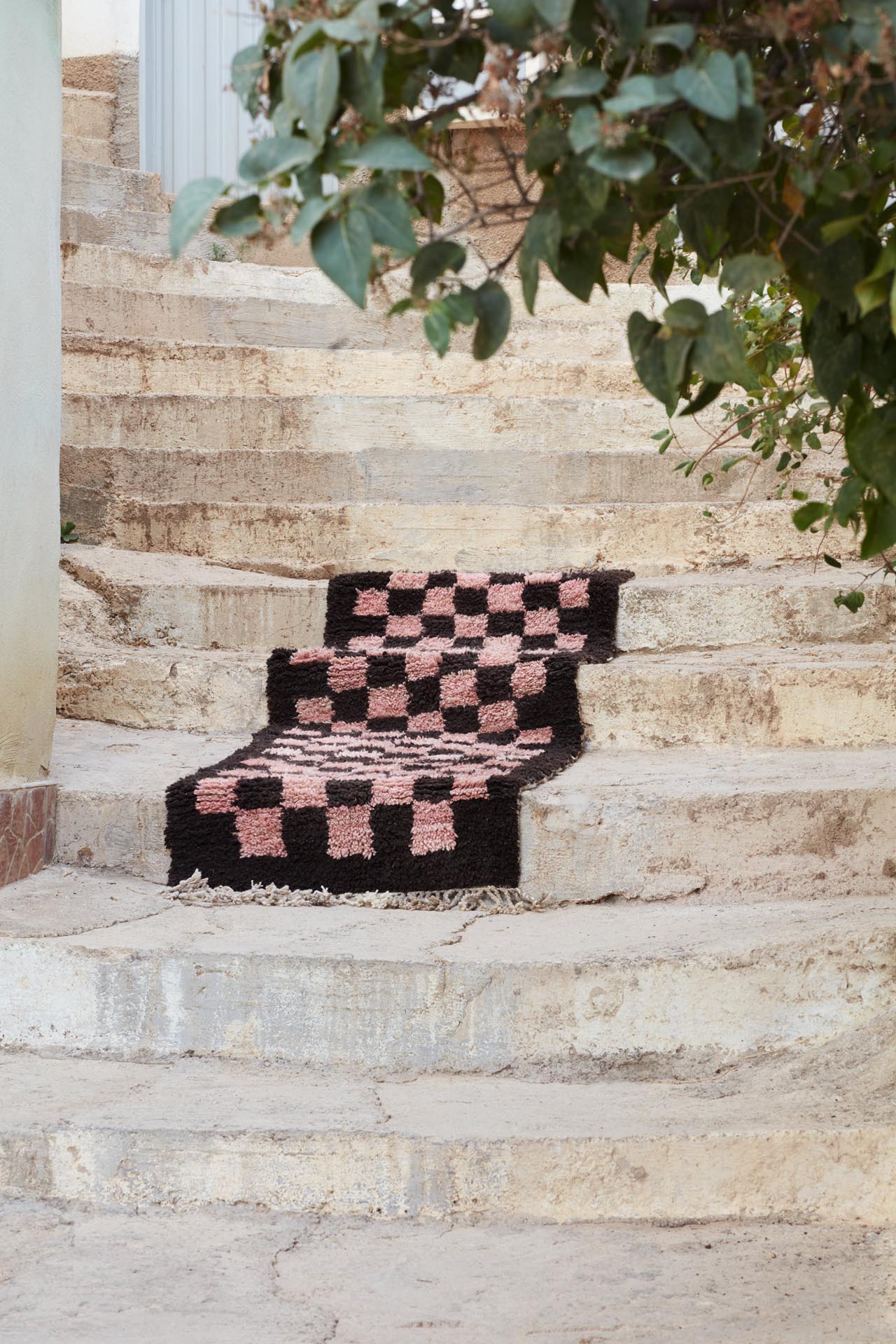
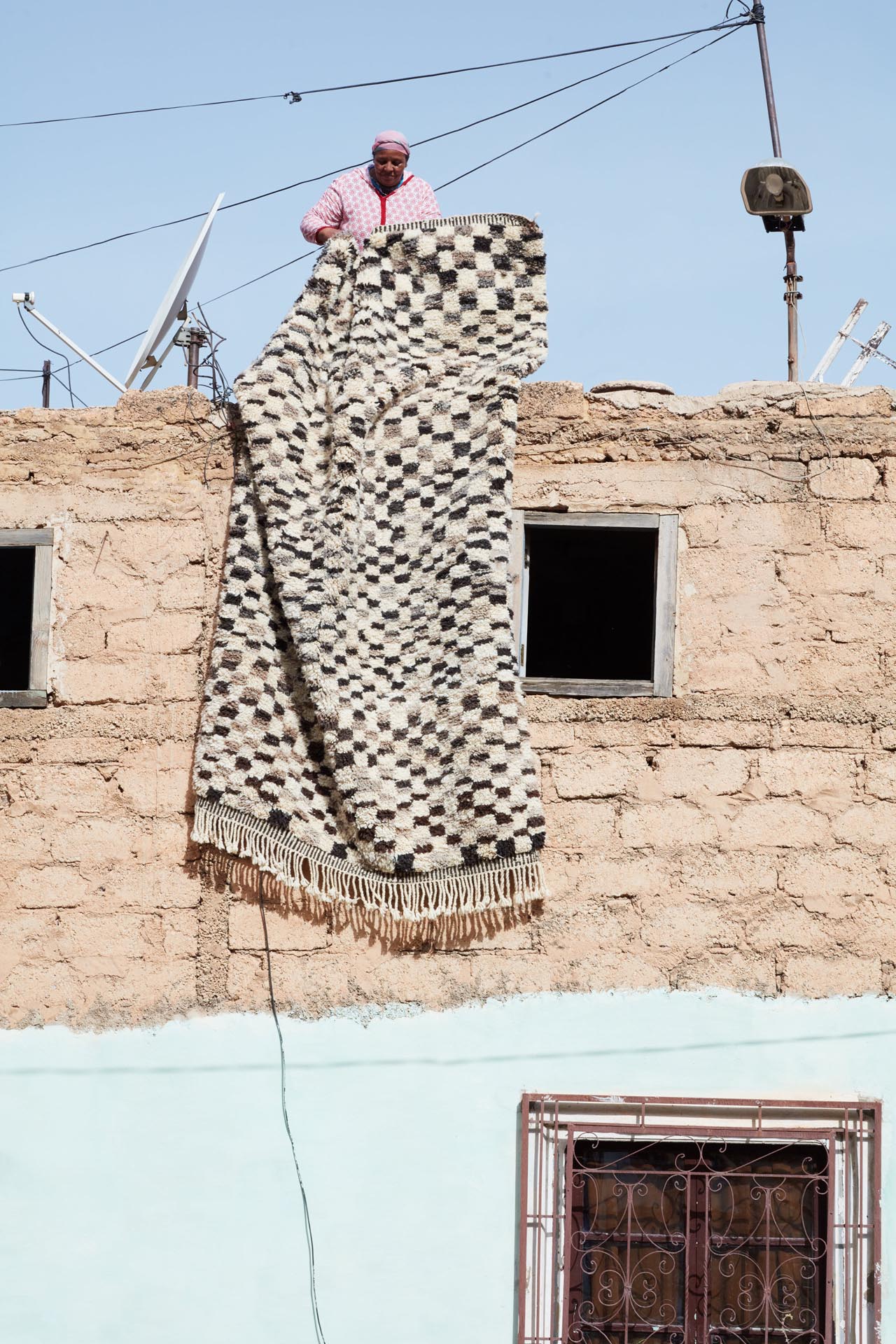
“In the western world we are exposed to so many beautiful Moroccan designs, yet the artisans that make them are merely a footnote, reduced to the term ‘artisan-made’ with so little known about the true work of these women, their kinship and individual talents,” says McEwan. “With this collection, Tigmi Trading [wants] to acknowledge the female artists – in addition to Nina Mohammad-Galbert – who have helped us: Hachmia A’Douri, Secretary, who has been with the cooperative since it opened; Khadijah Ouchkek, Treasurer, who joined in 1979; and Khadijah El Abdi, who started her training in 1987. All three women started at the age of 12, along with Hajou Ammraoui, El Hachmia Douiri, Fatima Abaraou, Mahma Bahousse, Rachida Ghenam and Fatima Balhoussaine.”
The Latest
Things to Covet in June 2025
Elevate your spaces with a pop of colour through these unique pieces
Designing Spaces with Purpose and Passion
We interview Andrea Savage from A Life By Design – Living & Branding on creating aesthetically beautiful and deeply functional spaces
Craft and Finesse
EMKAY delivers a bold and intricate fit-out by transforming a 1,800 sqm space into SUSHISAMBA Abu Dhabi, a vibrant multi-level dining experience
An Impressive Entrance
The Synua Wall System by Oikos offers modularity and style
Drifting into Summer
Perennials unveils the Sun Kissed collection for 2025
The Fold
Architect Rabih Geha’s collaboration with Iwan Maktabi
From Floorplans to Foodscapes
For Ayesha Erkin, architecture was never just about buildings, but about how people live, eat, gather and remember
Between Sea and Sky
Cycladic heritage, heartfelt hospitality and contemporary design converge on Deos Mykonos, designed by GM Architects
A Fresh Take on ’70s Style
Curved shapes and colourful artworks bring vibrancy to this contemporary home with mesmerising nature views
Into the Woods
Perched among the treetops, this serene home’s permanent connection to nature invites dwellers to unplug and unwind
A New Chapter for Dubai – Jebel Ali Racecourse
A.R.M. Holding and BIG unveil visionary masterplan around Jebel Ali Racecourse


